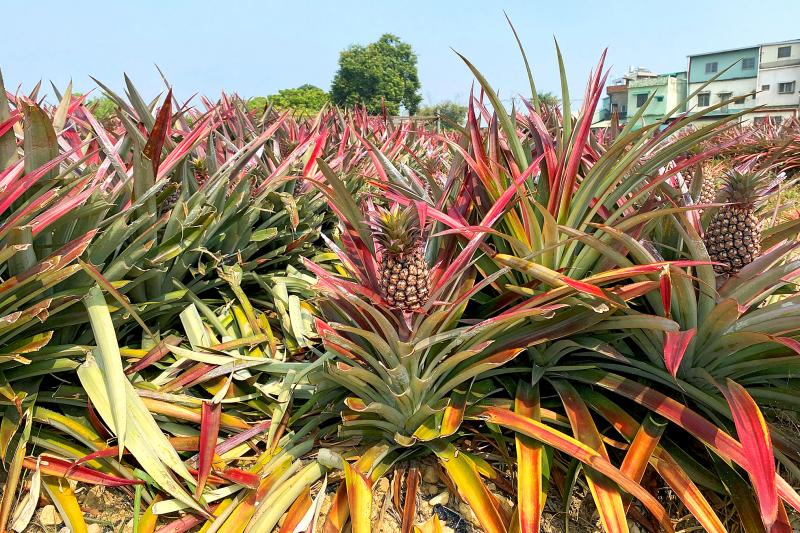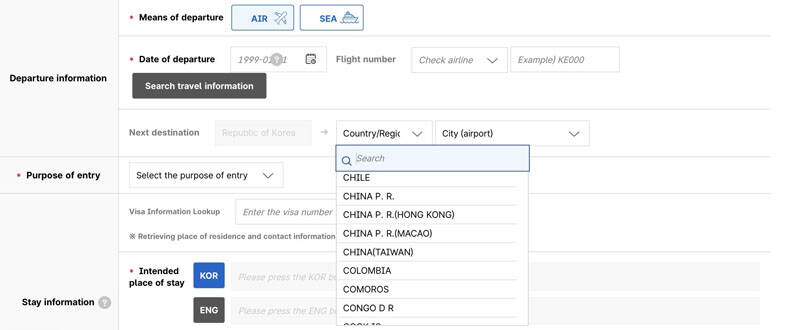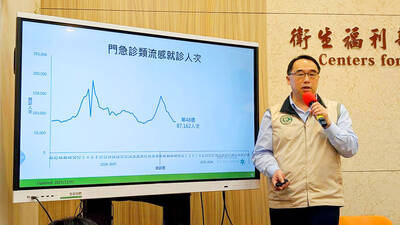China’s ban on Taiwanese pineapples was “unsurprising,” and Taiwan should have years ago altered its produce export strategies and target customers, experts said.
China on Friday abruptly suspended imports of pineapples from Taiwan, saying that it had on multiple occasions discovered “harmful biological entities” on the fruit.
Calling it an “unfriendly” move, the Council of Agriculture (COA) said that 99.79 percent of the pineapples sent to China since last year have met China’s import standards.

Photo: Ben Blanchard, Reuters
Chiao Chun (焦鈞), the author of Fruits and Politics — A Recollection of Cross-strait Agricultural Interaction Over the Past Decade (水果政治學:兩岸農業交流十年回顧與展望), said that China’s announcement is clearly targeting Taiwan, as the Taiwanese pineapple season is from mid-February to June every year.
There might have been other factors, in addition to the deterioration of cross-strait relations since 2016, that led China to make such a decision, he added.
Chiao said that China is no doubt hoping to use produce exports as a bargaining chip should the Democratic Progressive Party (DPP) give in to pressure from farmers.
China is a volatile, high-risk market, as the Chinese government tries to foster dependence on its market, and then uses this reliance to obtain seeds and other technology with the goal of eventually taking over a market segment, especially in produce, Chiao said, adding that this has been a known ploy used for years.
The atemoya, a hybrid of sugar apple and cherimoya, is likely the Chinese government’s next target, Chiao said.
National Taiwan University Department of Agricultural Economics professor Hsu Shih-hsun (徐世勳) said the best response is to expand the export of Taiwan’s agricultural produce to other countries.
Last year, Taiwan exported 41,661 tonnes of pineapples to China, worth NT$1.49 billion (US$52.64 million) and accounting for 91 percent of Taiwan’s total pineapple exports, government data showed.
Japan was the second-biggest importer, with 2,160 tonnes, while Hong Kong and Singapore imported 1,186 and 421 tonnes respectively, data showed.
Taiwan could improve its capability to process agricultural products, which would extend the produce’s shelf life, added value and gross profit margin, Hsu said, adding that this would mitigate a reliance on refrigeration for fresh produce.
However, the COA would first need to be in charge of produce production and processing, as the latter is under the jurisdiction of the Ministry of Economic Affairs, he said.
National Feng Chia University Department of International Business professor Yang Min-hsien (楊明憲) said that China should not target Taiwanese farmers if it wished to extend an olive branch to Taiwan.
Additional reporting by CNA

PROCEDURE: Although there is already a cross-strait agreement in place for the extradition of criminals, ample notice is meant to be given to the other side first Ten Taiwanese who were involved in fraud-related crimes in China were extradited back to Taiwan via Kinmen County on Wednesday, four of whom are convicted fraudsters in Taiwan. The 10 people arrived via a ferry operating between Xiamen and Kinmen, also known as the “small three links.” The Kinmen County Prosecutors’ Office yesterday said that four of the 10 extradited people were convicted in Taiwan for committing fraud and contravening the Money Laundering Control Act (洗錢防制法), and were on the wanted list. They were immediately arrested upon arrival and sent to Kinmen Prison to serve their sentences following brief questioning, the office said.

Taipei and Kaohsiung have extended an open invitation to Japanese pop star Ayumi Hamasaki after Chinese authorities abruptly canceled her scheduled concert in Shanghai. Hamasaki, 47, had been slated to perform on Saturday before organizers pulled the show at the last minute, citing “force majeure,” a move widely viewed as retaliation for Japanese Prime Minister Sanae Takaichi’s recent remark that a Chinese attack on Taiwan could draw a military response from Tokyo. Taipei Mayor Chiang Wan-an (蔣萬安) yesterday said the city “very much welcomes” Hamasaki’s return and would continue to “surprise” her. Hamasaki, who has a large global fan base, including

‘REGRETTABLE’: Travelers reported that Seoul’s online arrival card system lists Taiwan as ‘China (Taiwan),’ the Ministry of Foreign Affairs said The Ministry of Foreign Affairs yesterday urged South Korea to correct the way Taiwan is listed in its newly launched e-Arrival card system, saying the current designation downgrades the nation’s status. South Korea rolled out the online system on Feb. 24 to gradually replace paper arrival cards, which it plans to phase out by next year. Travelers must complete the electronic form up to 72 hours before entering the country. The ministry said it has received multiple complaints from Taiwanese travelers saying that the system lists Taiwan as “China (Taiwan)” in dropdown menus for both “place of departure” and “next

VIGILANT: Enterovirus activity remains in the epidemic phase, with the CDC urging caregivers of infected children to be on the lookout for signs of severe illness Influenza activity is rising in neighboring countries, and, with temperatures forecast to drop this week, flu cases are expected to increase in the next two weeks, the Centers for Disease Control (CDC) said yesterday. Hospitals reported 87,162 visits for flu-like illnesses between Nov. 23 and Saturday, which remained about the same level as the previous week, but nine deaths and 24 cases with serious flu complications were also confirmed last week, CDC Epidemic Intelligence Center Director Guo Hung-wei (郭宏偉) said. Flu activity reached a peak in late September before declining for eight consecutive weeks, CDC Deputy Director-General and spokesman Lin Min-cheng (林明誠)